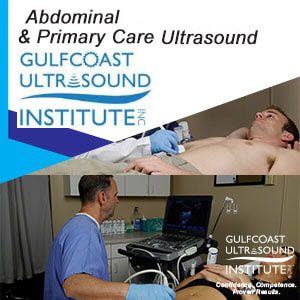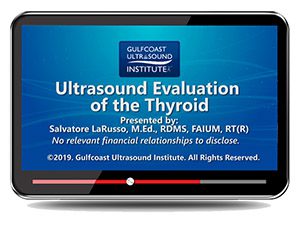No products in the cart.
This CME Activity offers a practical review of lung pathology combining basic to advanced techniques, pearls and pitfalls to pathologic diagnosis and case reviews.
Educational Objectives ▼
At the completion of this CME teaching activity, you should be able to:
Apply a practical approach to technical issues in processing pulmonary pathology specimens.
Describe the life cycle of diffuse alveolar damage.
Recognize and assess granulomatous disease of the lung.
Describe the diagnostic features of lung adenocarcinoma.
Differentiate neoplastic and inflammatory lung disease.
Analyze key features of unusual interstitial pneumonia of idiopathic pulmonary fibrosis and its mimics.
Released :04/15/23, Duration : 11.25 Hours
Below videos are covered under this Course
Diagnosing Non-Small Cell Lung Carcinoma in the Molecular Age: Doing More With Less
Carol Farver, M.D.
Interstitial Lung Pathology: What Every Pathologist Needs to Know
Carol Farver, M.D.
Dealing with Small Samples: Pulmonary Cytology-Histology Correlation
Jennifer A. Brainard, M.D.
All You Ever Wanted to Know About UIP
Sanjay Mukhopadhyay, M.D.
Not Your Grandpa?s Thoracic Pathology: Changes in Concepts, Diagnoses, Terminology, and Therapy in the last 10 years
Sanjay Mukhopadhyay, M.D.
Key Pearls of Interstitial Lung Disease and Their Mimics That Should Change Your Approach
Kevin O. Leslie, M.D.
Lung Adenocarcinoma: What Do I Need to Know?
Kevin O. Leslie, M.D.
The Importance of Clinical and Radiologic Correlation in Pulmonary Pathology
Kevin O. Leslie, M.D.
Controversies in Lung Pathology
Sanjay Mukhopadhyay, M.D.
How Biopsy Technique (Transbronchial, Cryo, or Needle Biopsy) Changes Your Pathologic Approach
Kevin O. Leslie, M.D.
What To Do With the Blue Biopsy
Kevin O. Leslie, M.D.
Approach to Important Non-Adenocarcinoma Thoracic Neoplasms
Kevin O. Leslie, M.D.





